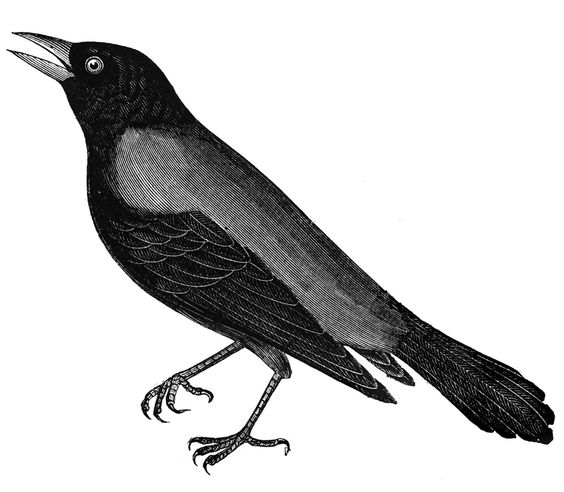CULTIVATING INTUITION / PLAYING WITH EYES CLOSED
- Gaili Schoen
- Sep 25, 2013
- 2 min read
blog.UpperHandsPiano.com
Sometimes the best way to learn a difficult passage in your music is by practicing with your eyes closed. I never learned this technique from any of my piano teachers, but came across it in my research on how the brain learns. When learning to play the piano we are drawing upon many skills and using multiple regions of the brain (which is what makes it such a great brain workout!) We learn visually by seeing the notes on the page, we learn aurally by hearing the sound of the instrument, we learn tactilely by the feel of the keys under our fingers, and intuitively by learning the spatial distance between the keys.
When we practice the piano we read the notes and count the beats while our ear picks up on the accuracy of the sounds we are producing. However, when we close our eyes, we are activating our intuitive spatial learning. When we cut off our visual sense, it gives our spatial sense a chance to step up and grow stronger.
Using intuition is important when there are multiple musical events happening simultaneously in our music. We can’t always watch both of our hands move while following the notes on the page at the same time. One hand often needs to be able to move without our eyes upon it.
When you think about it, some of our greatest musicians have been completely blind. The great pianist Art Tatum (called the greatest jazz pianist of all time) played lightening fast, and Ray Charles could make you sob with the beautiful intensity of his emotive music. Stevie Wonder created an amazing sound that touched the soul of the whole world. I have taught piano to blind, mentally disabled children and know that anyone can learn to play the piano by the feel of the keys and their intuition.
I am not suggesting that you play an entire piece with your eyes closed. But you can practice simple exercises (such as the Exercises in Upper Hands Piano Book 1) with your eyes closed by learning the pattern of the notes. If you’re having trouble with a musical phrase in a piece, play it several times with your eyes open, then close your eyes and keep playing it. Your learning will be deeper, and you will remember it better. Similarly, when you are working on a bass section with a lot of leaps, close your eyes and see how close you can get your left hand to the keys you are aiming for. Keep practicing with eyes open and closed until you can find your way using your intuition.
“At times you have to leave the city of your comfort and go into the wilderness of your intuition. What you’ll discover will be wonderful. What you’ll discover is yourself.” –Alan Alda
With love and music, Gaili


Comments